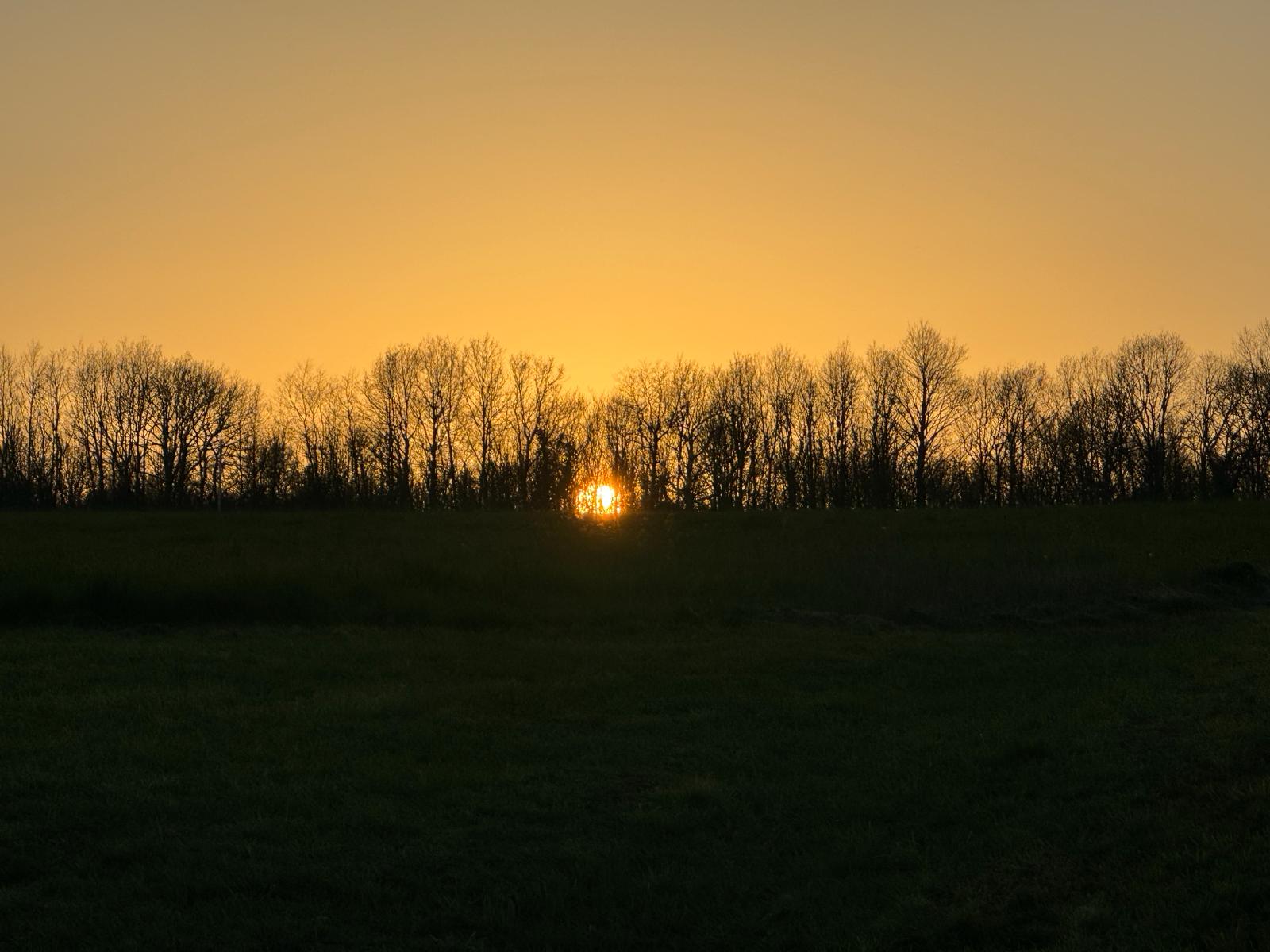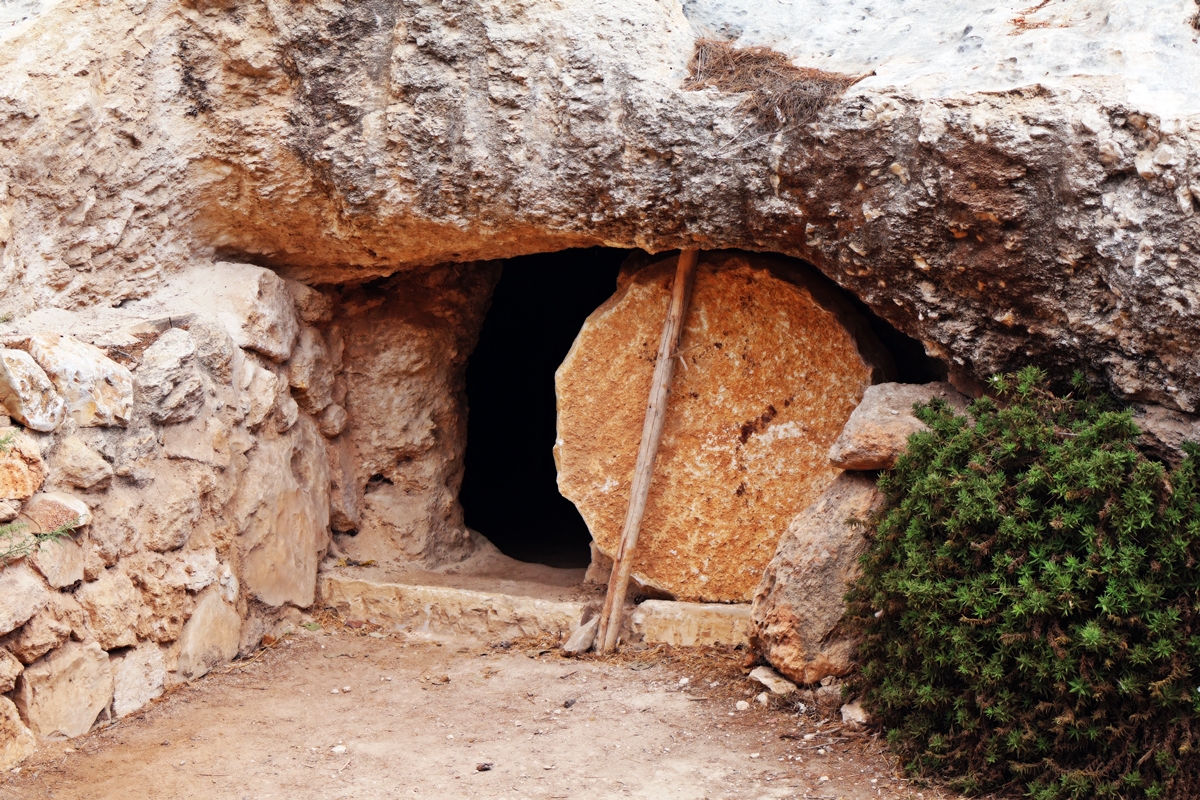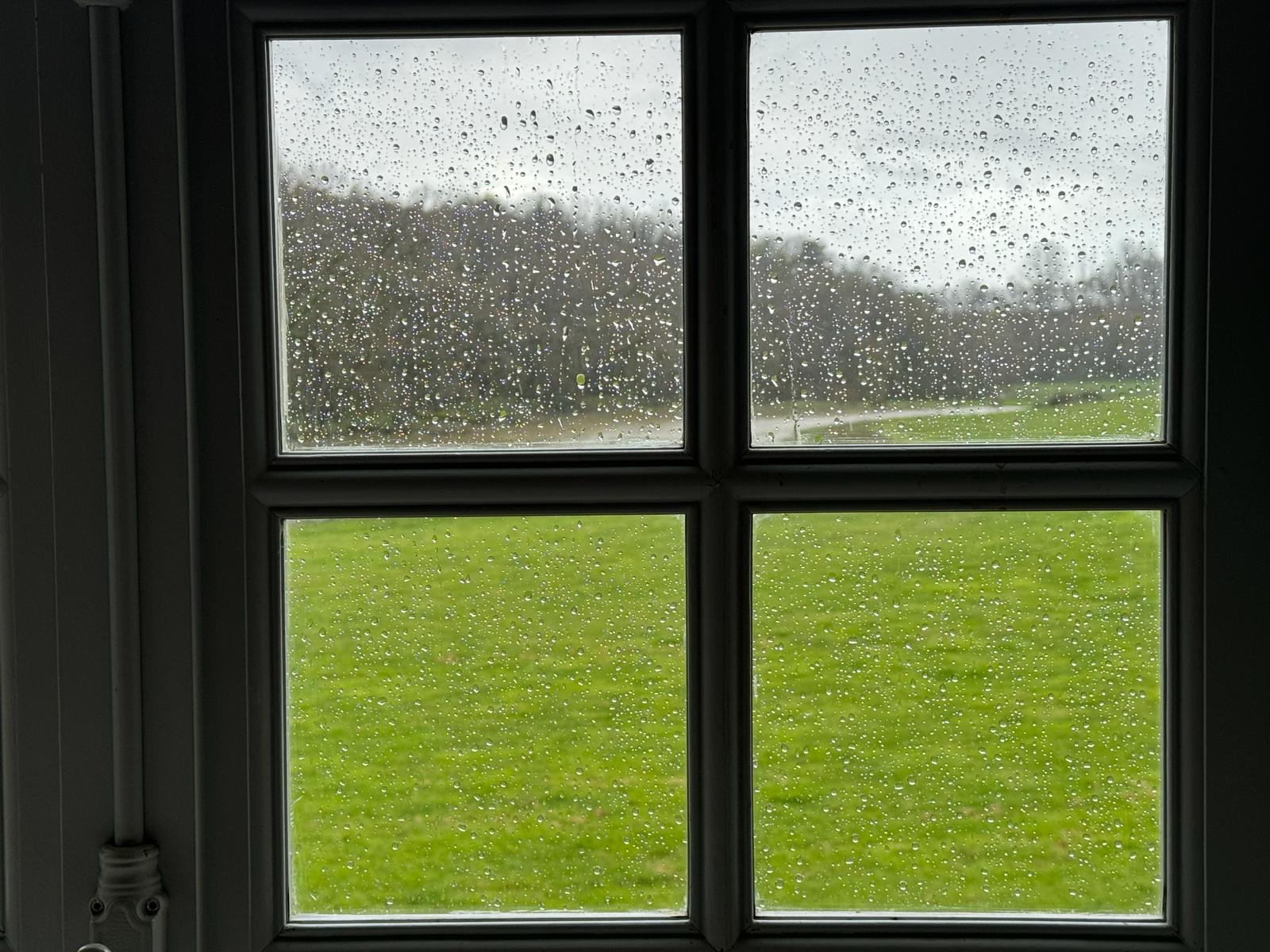
Children need them. We all form them constantly anew when circumstances change. They are a source of security and confidence in life. But we all want to escape them and be free – something we think we do in a controlled way in what we call holidays.
Where would we be without habits? At the mental level they give psychological stability (though often at the cost of feeling that we are trapped). Psychologically we repeat mental habits and patterns ad nauseam. We very rarely actually think because we are merely repeating old routines of emotional response dressed up as thought.
We identify ourselves – and our lifestyle – by the habits, whether they are good or bad, that make up each day Either way they give a false security because they are mechanical and so render us powerless to access the deeper sources of creativity and spontaneity. We admire and envy other people for their courage whenever they do something non-habitual. Even good habits need to be made conscious. We forget that we are as capable as anyone to live in the present moment and so transform mechanical habits into life-transforming rituals.
Habits are regulated, as organic rather than dehumanising mechanical patterns, simply by the degree to which we can live contemplatively – in the here and now. For John Main this means constantly taking the leap of faith, the “risk involved in all loving”. Letting go, before we are sure what will happen.
Strangely, therefore, it is the good habit of meditation, morning and evening, which strengthens this capacity for radical (yet integral, non-extreme) living. In meditation we drink directly from the pure well of being, in the ever-present now.
Want to receive our Lent Daily Reflections in your mailbox? Subscribe HERE



